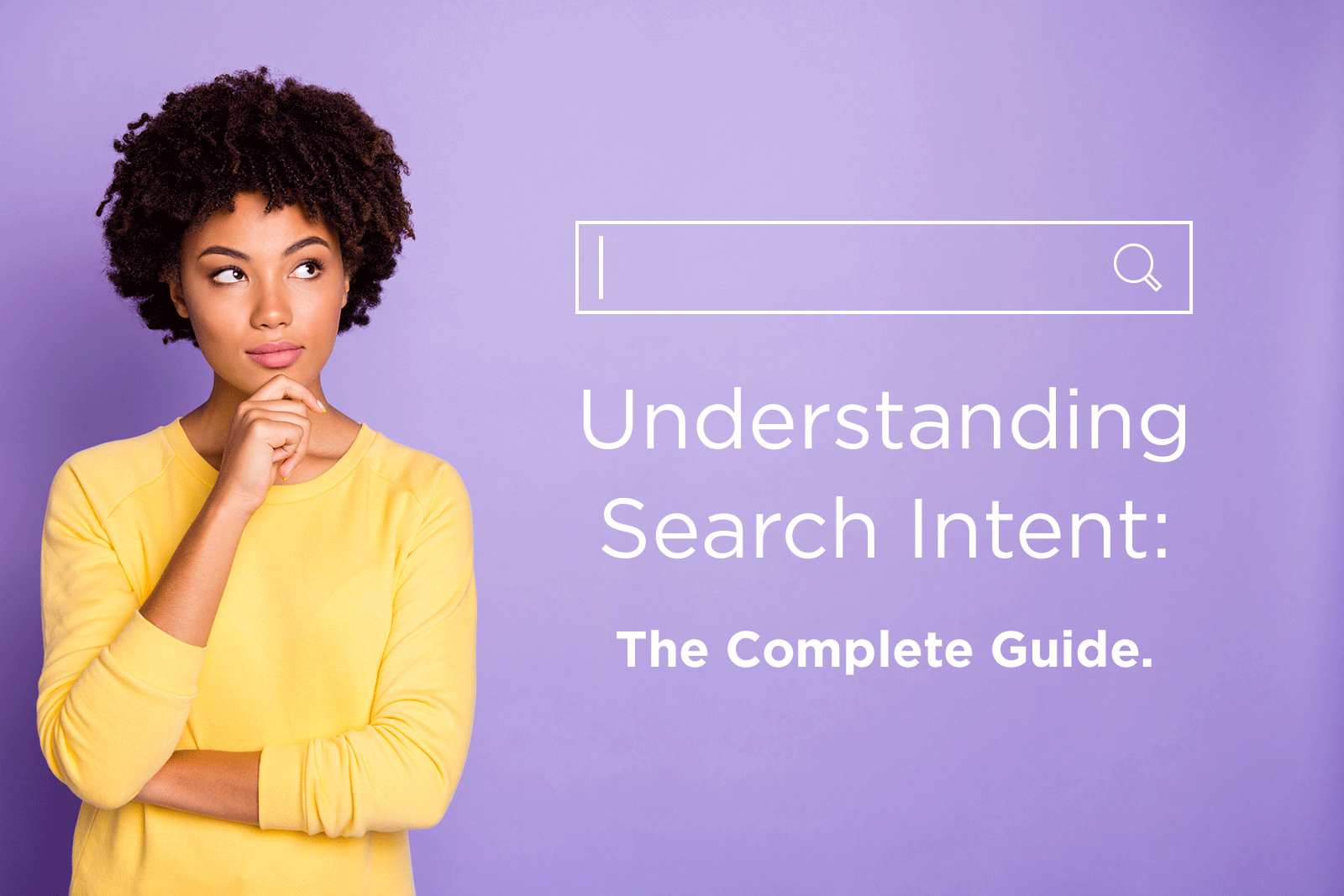Homebuilders may know what their buyers want in their new homes, but do they know what they’re searching for online?
Thanks to today’s always-connected world, the way consumers search for information online and make decisions has changed and its important for brands to evolve with them. Users now narrow down the precise information they’re looking for in their searches. Instead of searching for “new homes,” they may be looking for “new homes near company headquarters” or “how to find a good home builder.” A builder who is able to answer these questions gains an advantage over their competitors.
That’s why understanding the how and why behind what your home buyers are looking for online is important. We’re breaking down everything you need to know about search intent and how you can use this knowledge to your advantage.
What is search intent?
Search intent, also called user or audience intent, is the reason why people search for a specific thing. What are they trying to achieve through their search? Are they looking for a specific website? Do they want to buy something? Are they looking for an answer to their question? These types of search form part of the user journey.
Why does search intent matter?
Google’s goal is to provide the most relevant information for a user’s query. They have spent years improving its algorithm to be able to accurately predict the reason why a user is searching for a particular thing so they can make sure they offer them the answers they’re looking for. Considering they’re the most used search engine, they’ve done a good job. So, if you want to rank in Google, you need to create content that’s relevant to the types of searches being done.
Primary types of search intent
While there are many types of search intent, these are the most common classifications.
Informational: these are broad, generic searches done to learn about a particular subject or topic. They can be simple questions like “How do you find a home builder?” or more complex like “How do I qualify for a mortgage with bad credit.” While conversions are minimal during this type of search, providing information in the form of blog posts puts your brand in front of the user early in their homebuying journey.
Transactional: these searches happen when a user is ready to buy. They probably already know what they want and are simply looking for a place to buy it from. These signals are especially helpful for e-commerce or service-based providers.
Navigational: this search is typically used when a user is looking for a specific website or product/service they already know about. This type of search commonly appears as searches for brand names or product/service names.
Commercial investigation: this search happens when the user hasn’t made a final decision on which product or service (or service provider) to use. Users in this stage are often looking for reviews and comparisons to help make their final decisions.
How to optimize your content for search intent
You want to make sure your landing pages are relevant to your audiences’ search intent. Let the type of search intent guide the type of content you create.
Optimizing for informational searches: informational searches tend to be questions that cover a broad topic. These are the searches where informational content like blog posts, how-to videos, step-by-step guides, infographics, checklists, and ebooks are the most effective types of content that users are looking for.
Some examples of informational searches include:
- How can I
- What is
- What are the benefits of
- How to
- Guide
- Tutorial
- How do/does
- Ways to
Optimizing for transactional queries: users who search with this intent are ready to buy and are looking for a place to make the purchase or complete a task. Make sure your marketing landing pages, sign up pages, floorplan pages, appointment pages, etc. are fully optimized.
Transactional queries can include the following:
- Where to buy
- Buy
- Discount
- Coupons
- Schedule appointment
- For sale
- Order
- Download
Optimizing for navigational searches: navigational searches are often used when the user knows what they’re looking for and just need some help getting to a specific website. Make sure your website and landing pages are optimized for your brand name and product/service. Don’t overlook your social media profiles!
Navigational searches can include the following:
- Brand name
- Product/service name
- Reviews
- Location of
- Directions to
- Near me
- Hours of
- Cost of
- Testimonials
- Brand login
Optimizing for commercial investigation searches: users using this search may know they want to purchase a home but don’t know which builder to use of if they should buy new or resale. They’re not quite ready to make a purchase but are close and looking for some more information to make that final decision. For this type of search, combine the informational and transactional strategy and create blog posts detailing why you’re different from the competition, the benefits of buying a new home versus a resale, and what to expect when purchasing a home from you. You’ll also want to make sure you provide detailed information on your communities, homes, and included features.
Commercial investigation queries can include:
- Versus
- Review
- Comparison
- Top product/service in ‘industry’
Smart brands create a search strategy that capitalizes on search intent so they can answer the right question at the right time. Not only will this improve your home buyer’s life, but it’ll also help you stand out in a crowded marketplace.
Do you need help with your search engine optimization strategy? You don’t have to figure this out on your own. Graphic Language can help craft a custom SEO strategy that’ll optimize your website and so you appear at the top of your most wanted keywords. Give us a call to schedule a demo today.
